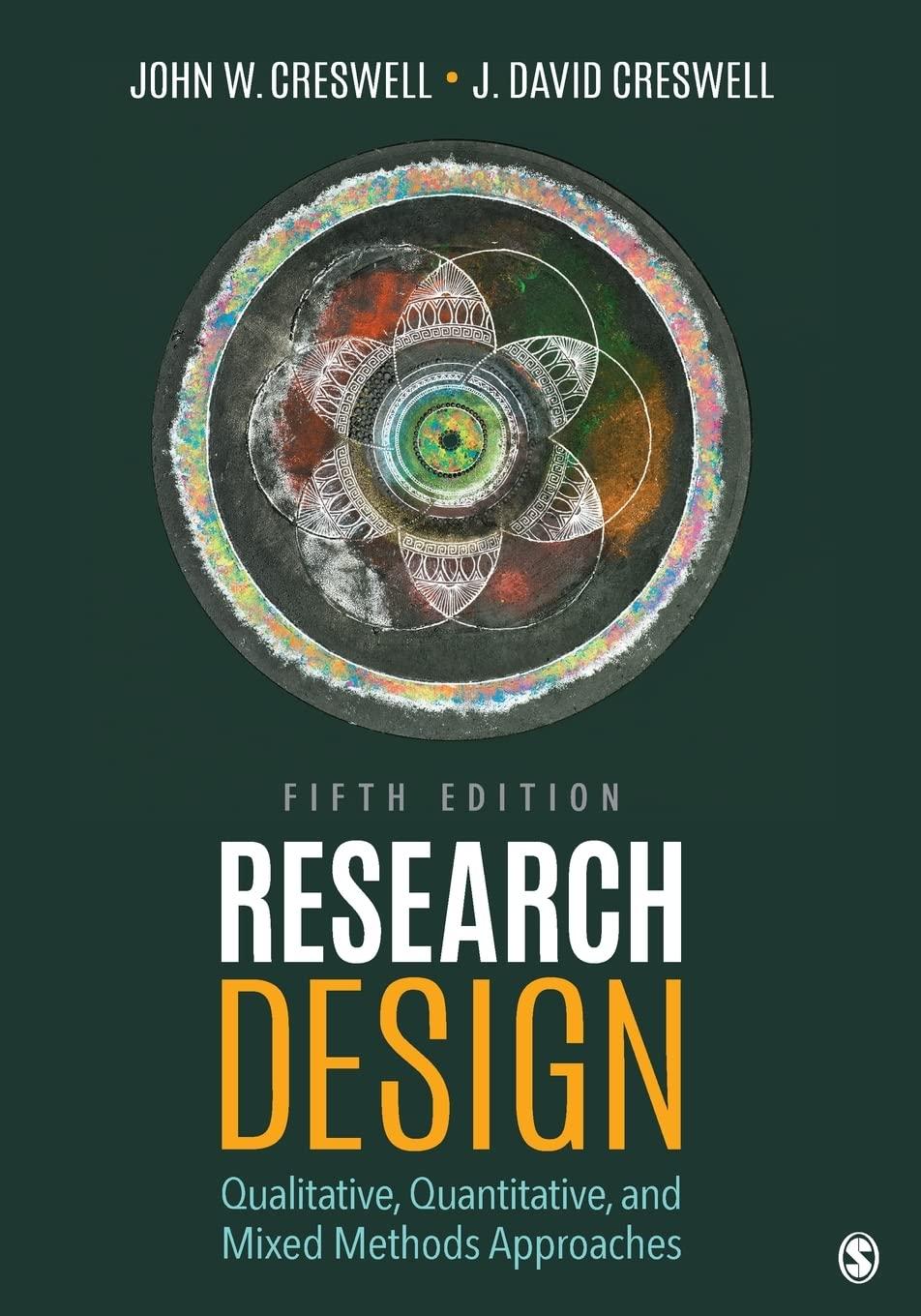Question
1. Between the early 1960s and late 2000s, bankers sought to raise and lend out more deposit funds. Today, however, a number of banks have
1. Between the early 1960s and late 2000s, bankers sought to raise and lend out more deposit funds. Today, however, a number of banks have stopped trying to attract more deposits. A few are even actively discouraging deposits by charging customers fees if they deposit "too many" funds. Why have bankers' views about the desirability of increased deposits shifted so dramatically in recent years?
Low Returns on Lending
One key reason that banks have soured on deposits is that earnings they can anticipate from lending deposit funds are now very low. In today's dampened U.S. economy, many fewer households and firms are seeking credit than in years past. As a consequence, banks have been competing with one another for a dwindling set of borrowers, and they have bid market interest rates on bank loans downward.
Thus, existing deposits are now yielding lower returns for banks. This fact gives them less incentive to seek out more deposits from current or new customers.
Higher Deposit Insurance Premium
Even as banks' returns from lending deposit funds have dropped, the costs they must pay for deposits have increased. Since 2006, the premium rate that banks must pay the Federal Deposit Insurance Corporation has jumped from close to zero to more than $0.30 per $100 of insured depositsthe highest rate since the FDIC's establishment in 1933.
The net result? Some banks have begun actively discouraging customers from substantially increasing their deposits. Recently, for instance, the Bank of New York Mellon began charging large depositors for the privilege of holding federally insured deposits. The bank now charges an annual interest fee of 0.13 percent to customers with deposit accounts of $50 million or more. Unless market loan rates rise and deposit insurance premiums fall, it appears likely that other banks will follow suit. Some banking experts speculate that eventually banks might begin charging interest fees to customers with small deposits.
a. Why do you suppose that the market clearing interest rates on bank savings and time deposits have fallen as the interest rates on bank loans have dropped?
b. If interest rates earned by banks on their assets fell close to zero, why might all bank customers have to pay interest fees on deposits they hold with banks?
Step by Step Solution
There are 3 Steps involved in it
Step: 1

Get Instant Access to Expert-Tailored Solutions
See step-by-step solutions with expert insights and AI powered tools for academic success
Step: 2

Step: 3

Ace Your Homework with AI
Get the answers you need in no time with our AI-driven, step-by-step assistance
Get Started


